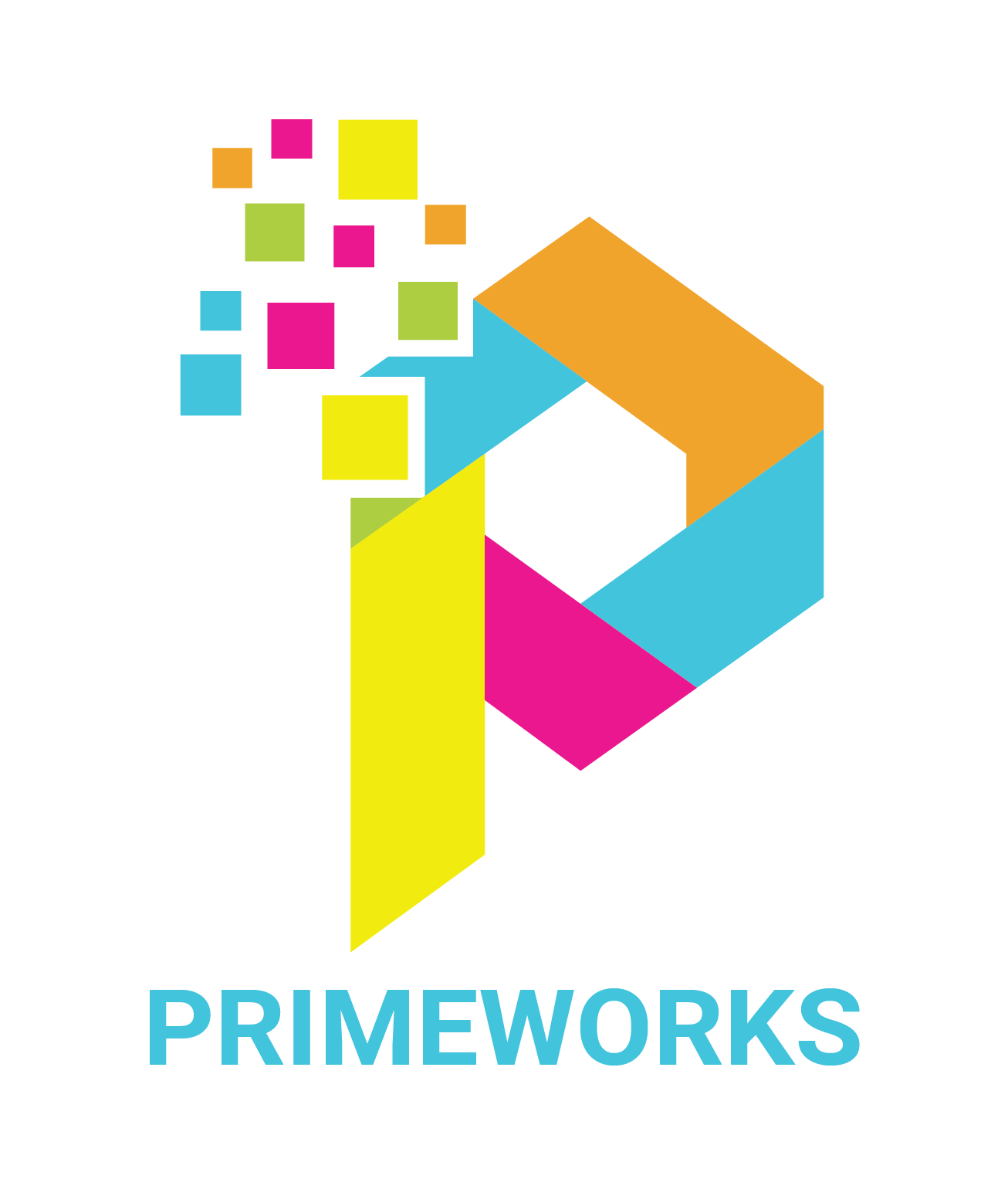
Last week, a retired grandmother lost her granddaughter’s inheritance to a not-so sophisticated online scam. Her email was hacked, and fraudsters redirected the funds to a fake account.
💡 This story is a wake-up call for all of us about the growing risks of online fraud. Let’s break down how it happened and, more importantly, how YOU can protect yourself and how to stay safe from online scams.
How Did the Scam Happen?
A weak password allowed hackers to compromise her email account.
Fraudsters created a fake email address, mimicking her financial advisor.
Using deception, they convinced her to send money to their account.
How to Stay Safe Online and Protect yourself from online fraud;
✅ Use strong, unique passwords (and change them regularly).
✅ Enable multi-factor authentication (MFA) on all accounts.
✅ Always verify banking details with a phone call before transferring money.
✅ Watch out for subtle changes in email addresses (e.g., .com vs. .co.za).
✅ Keep your devices and applications updated with the latest security patches.
Bonus Tip: Check if your email or accounts have been exposed in data breaches using websites like HaveIBeenPwned.
Granny’s story is a reminder that scammers are getting smarter. Simple actions like securing your email, using MFA, and verifying payment requests can save you and your loved ones from falling victim.
👉 Are your email and devices secure? Let me know if you’d like tips or guidance—we’re here to help!
We can help you to protect yourself from online fraud. We have Tips to secure your email account to prevent Online scam prevention as well as avoid financial scams.
Definitely make sure you use Strong passwords and multi-factor authentication as a starting point.
Need help staying safe from online scams? Contact us for email security and training.
– Device Patch Management & Security
– Mail Filtering & Security
– Integrity Monitoring & Alerts
– Cloud Data Backup
– Dark Web Credential Monitoring
– Simulated Phishing Attacks
– Email Security Training

